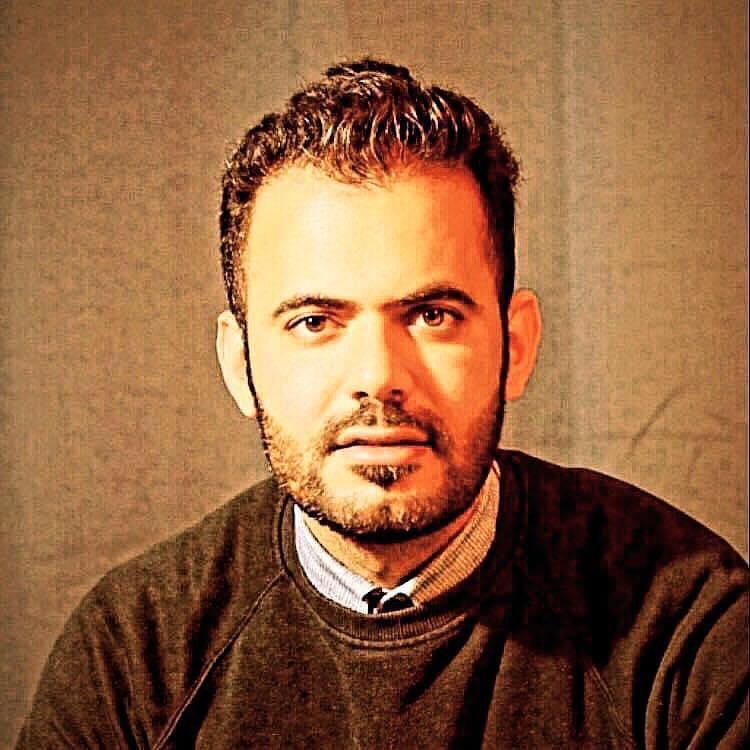 2024 / 30 / Nov
2024 / 30 / Nov
The idea of the "end of history" as proposed by Francis Fukuyama is not only a contemplative view of the political and economic development of societies, but it represents a major thesis about the path of civilization and its final directions. This vision, which emerged in the midst of the collapse of the Soviet Union and the rise of Western hegemony, indicates the end of major ideological conflicts; Fukuyama believes that "liberal democracy and capitalism" represent the pinnacle of political and social progress, and that they are the two systems that are consistent with human nature in its quest for freedom and self-realization. However, this idea was not born in the nineties, but rather goes back to deep philosophical roots, the features of which are felt in the works of Hegel, who considered that history follows a "reason" that governs it towards a specific goal. In Fukuyama's Hegelianism, we find an echo of the Hegelian idea that sees historical development as a struggle between opposites that ends at the stage of "spiritual consciousness" that is embodied in a rational, comprehensive state that represents the pinnacle of human achievement. However, this view, which seems to be drawn to a happy ending for history, ignores the complex power struggles and geopolitics that dominate the world order. Some thinkers, such as Samuel Huntington, have predicted that the clash of civilizations will be the new mode of conflict, with religion, identity, and cultural affiliation becoming pivotal forces that will redraw the maps of the world in a more complex way than Fukuyama could have imagined. Current geopolitical theories, on the other hand, show that the current international order is only a temporary image within a framework of deeper conflicts that cannot be reduced to the concept of the “end of history.” The rising powers of Asia, the power shifts in the Middle East, and economic and technological competition all point to an ongoing historical dynamic in which actors contend on the stage of global geopolitics, where authoritarian practices and nationalist strategies continue to compete and challenge liberal orders.

Researcher and academic